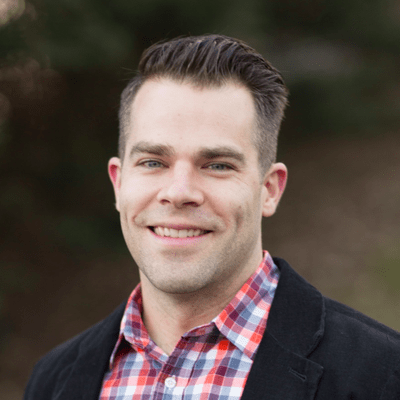I didn’t know what to expect when I picked up Isabel Wilkerson’s book: The Warmth of Other Suns this past winter, but it proved a book I couldn’t put down. The Warmth of Other Suns tells the story of over 6 million African Americans who moved North between 1915 and 1970; a movement of people known as the Great Migration. But this is no banal recounting of statistics. Wilkerson provides a well-researched, carefully-recounted history by tracing the stories of three individuals: Ida Mae Brandon Gladney (a free-spirited sharecropper’s wife who moved from Mississippi to Chicago), George Swanson Starling (a headstrong college student who moves from picking oranges in Florida, narrowly escaping being lynched, to working in New York City), and Robert Joseph Pershing Foster (an ambitious surgeon who, after serving in the U.S. Army, moved from Louisiana to be a distinguished doctor in Los Angeles). Along the way, Wilkerson interweaves observations of how the Great Migration impacted the people who fled to the North, those they left behind, and how it was a watershed moment in American history.
Among many reflections I had in reading the book, here are three with three prayer requests.
A History I Should Have Known
Over the years I’ve noticed how common it is to hear of an African-American family being split between the North and the South: Grandparents in Mississippi, parents in New York; aunts and uncles in Alabama, parents and cousins in Detroit. My friends provided a glimpse into their family histories, but I didn’t think to ask why. Wilkerson’s book schooled me in a history I didn’t know about but should have. Some historians argue the reason for the Migration was industrialization or other economic motivations. No doubt, the reasons families made the treacherous journey are myriad, but Wilkerson personalizes and exposes the harsh conditions compelling so many to leave. “‘Oftentimes, just to go away,’ wrote John Dollard, a Yale scholar studying the South in the 1930s, ‘is one of the most aggressive things that another person can do, and if the means of expressing discontent are limited, as in this case, it is one of the few ways in which pressure can be put.’”[1]
Father, You call us to weep with those who weep and rejoice with those who rejoice (Rom. 12:15). We pray for help to learn each other’s histories that go overlooked or forgotten. Give us love that makes us want to learn so compassion grows through understanding. Help us be patient as we learn to love each other as You have loved us.
The Enduring Effects of Segregation
One benefit of telling the history through the narrative of three individuals is that the reader can better see and feel the effects of segregation on a person made in God’s image. One incident particularly sticks out to me. On his drive to California, Dr. Foster hoped to escape the dehumanizing Jim Crow laws, but the journey proved disappointing. Though there were plenty of rooms, hotel after hotel refused the road-exhausted doctor a place to rest because he was black. With no place to go, he stopped at a gas station and broke down. Wilkerson writes, “The exhaustion, the rejection, the unwinding of his dreams…all caught up with him at once. He had driven more than fifteen hundred miles, and things were no different. In fact, it felt worse because this wasn’t the South. It wasn’t even close to the South.”[2] Jim Crow laws legally came to an end with the Civil Rights Act of 1964 and the Voting Rights Act of 1965 but not their effects. Hundreds of years of dehumanizing treatment don’t vanish with the enactment of a law. They have a ripple effect on how others see African Americans and how those who were dehumanized see themselves.
Father, we pray for the courage to do what’s right when we feel the pressure of the world to go with the flow. Help us to be a people who don’t show favoritism based on the color of skin or social status (James 2:1-9).
The Courage, Patience, and Strength of Many Who Made the Journey
How can a Christian endure suffering well? The apostle Peter lifts up Christ and calls us to follow His example of suffering. Such endurance is grounded in knowing this world is not our home. We are citizens of heaven which means we’re exiles and strangers here on earth (1 Peter 1:1, 17; 2:11). Theologically that’s true for every Christian, but some understand it better than others. I’m challenged by the testimonies of African-American brothers and sisters who model this hope of heaven well (especially when comfort tempts us to make this world our home). The people you meet in The Warmth of Other Suns are not all Christians. But you do see the power of gospel hope in many of them – a hope that enables them to fear nothing that is frightening and overcome evil with good (Romans 12:21).
Father, we pray for the grace to entrust ourselves to You, the Judge who judges justly (1 Peter 2:23). Help us to embrace our identity as exiles now so that the hope of heaven motivates how we live today.












